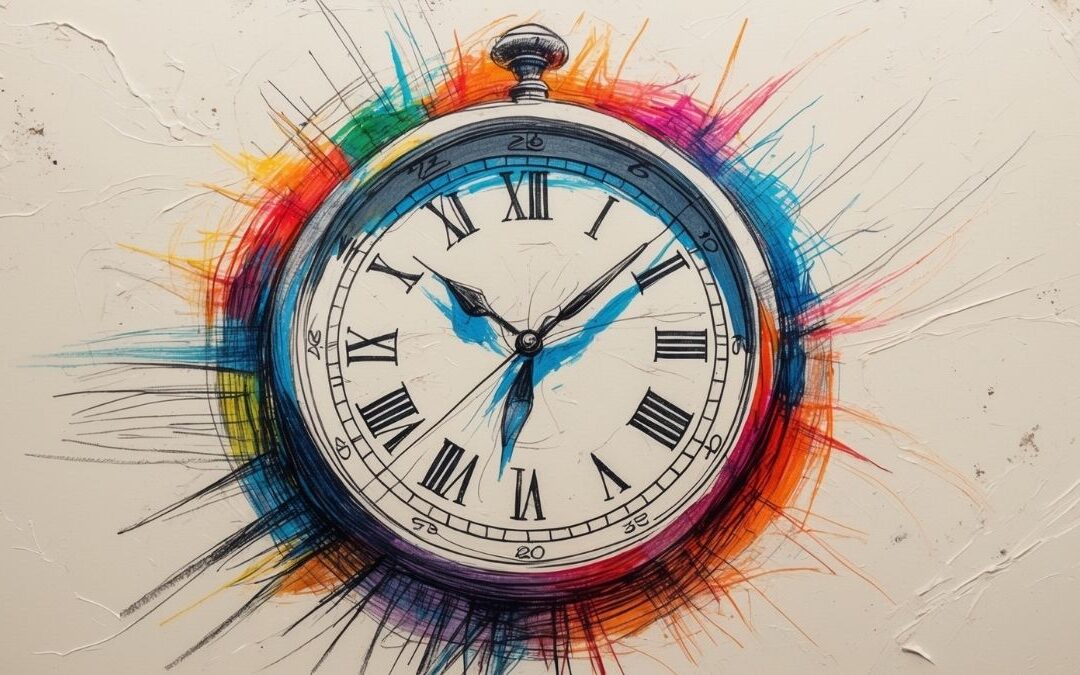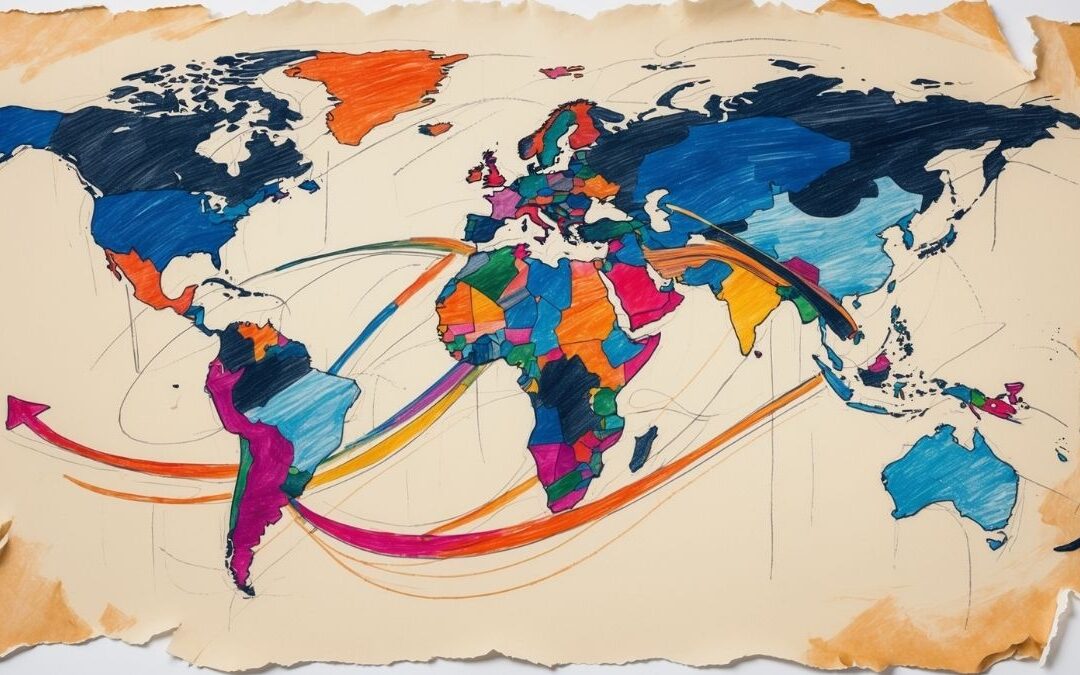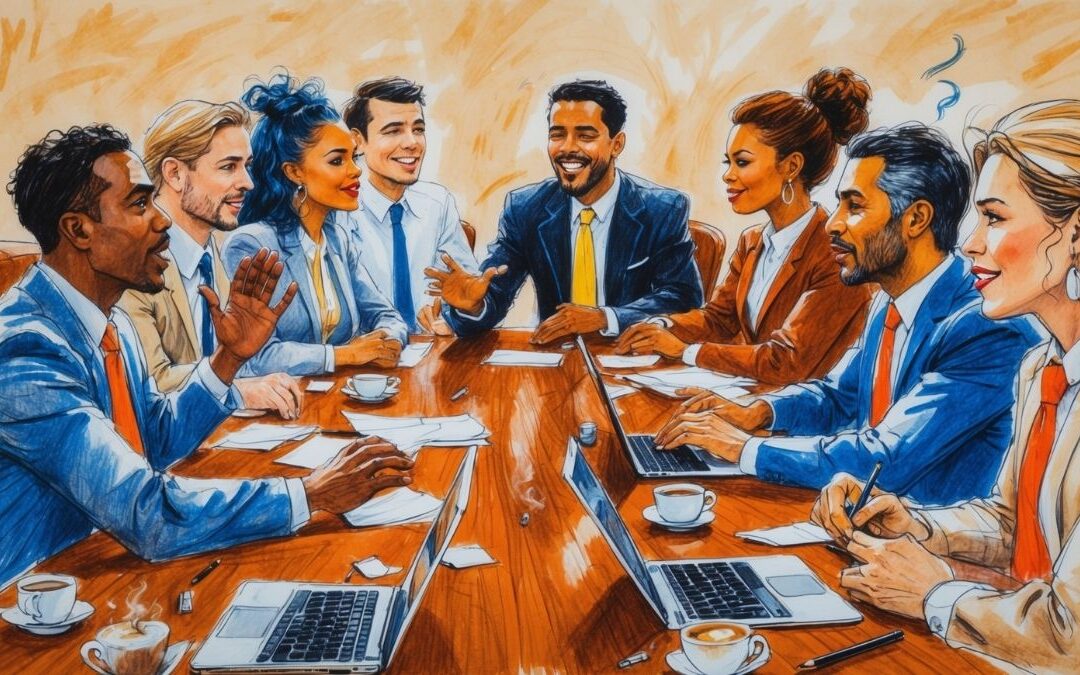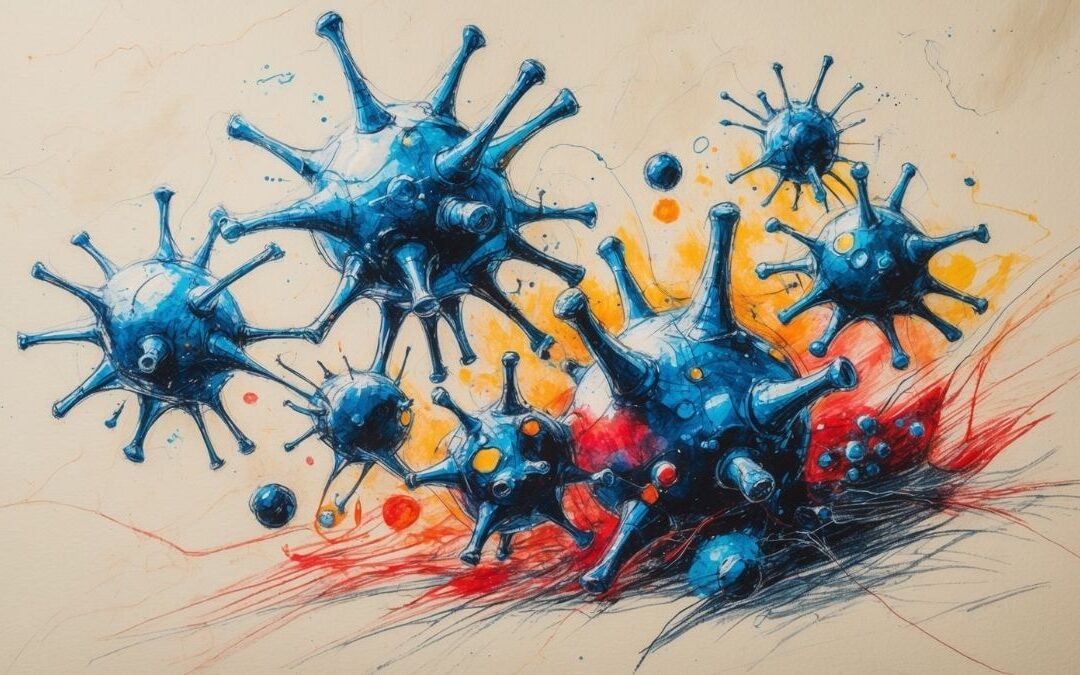Listen | Endangered Species and Conservation
Click to read the transcript of the lecture, but don’t do it before you listen if you want to improve your listening skills.
Let’s dive into the world of endangered species and conservation, a topic that isn’t just about saving animals, but about understanding our responsibility as humans to protect the planet we share. Picture this: a world where iconic animals like the tiger, the elephant, or the polar bear are only memories. What if we could have prevented that? Well, this is exactly what conservation is all about—taking action before it’s too late.
When we talk about endangered species, we’re referring to animals and plants that are at risk of extinction. Imagine a species like the cheetah, once roaming in vast numbers, now reduced to a few thousand individuals due to habitat loss and hunting. And it’s not just the cheetah—it’s the giant panda, the blue whale, the orangutan, and countless other species. You might wonder, how did it get to this point? How did we let these species teeter on the edge of extinction?
A lot of it comes down to human activity. From deforestation to pollution, from hunting to climate change, we’ve had a massive impact on wildlife. Take deforestation, for example. Forests are home to millions of species, but when we clear them for agriculture or urban expansion, those animals lose their habitat. Without a place to live, their populations decline rapidly. And let’s not forget poaching—animals like rhinos and elephants are hunted for their horns and tusks, sold on the black market for enormous sums. The result? Entire species disappear from the wild.
But, it’s not all doom and gloom. Conservation efforts are stepping in to turn the tide. And here’s where things get exciting. Around the world, there are passionate scientists, activists, and everyday people who are dedicating their lives to protecting these species. Conservation doesn’t just happen in the wild, though. It’s happening in labs, in offices, in zoos, and in your communities.
Zoos, for example, aren’t just places to see exotic animals; many are active in breeding programs for endangered species. Take the California condor, a bird that was down to just 27 individuals in the wild. Through an intense breeding program in zoos, their numbers have now risen to over 400. Not bad, right? Conservation organizations also work on the ground, creating protected areas where animals can thrive without the threat of poaching or habitat destruction.
And it’s not just animals we’re saving. Plants are just as crucial to our ecosystem. Think about it—without plants, entire ecosystems collapse. They provide food, shelter, and oxygen. So, when a plant species becomes endangered, it’s not just the plant that’s at risk; it’s the entire ecosystem. Organizations like the Royal Botanic Gardens, Kew, work tirelessly to save seeds from endangered plant species, storing them in seed banks as a last line of defense.
But what can we, as individuals, do? It can feel overwhelming, I know. The idea of saving species might seem like something for governments and big organizations. But the truth is, every little action helps. Supporting sustainable products, reducing your carbon footprint, donating to conservation efforts—all these things contribute to a larger movement. Conservation starts with awareness, and awareness starts with understanding.
So, as we wrap up today, I want you to think about one thing: What kind of planet do you want to leave behind? Our efforts today will shape the world for future generations. And maybe, just maybe, by taking action now, we can ensure that future generations won’t have to talk about tigers or elephants or pandas in the past tense. Instead, they’ll be able to see them in the wild, thriving as they should.
Comprehension Quiz
Expand Your Vocabulary
- Endangered
Endangered refers to something that is at serious risk of extinction. In the context of animals, it means their populations have declined to a level where they are in danger of disappearing. In everyday use, you might say, “The local library is endangered due to budget cuts,” implying that it could soon close down if no action is taken. - Conservation
Conservation means protecting and preserving natural resources and the environment. It’s about using resources wisely and ensuring they last for future generations. You might hear people talking about energy conservation at home, like turning off lights when not in use to save electricity. - Habitat
A habitat is the natural environment where an animal or plant lives. It includes everything the species needs to survive, like food and shelter. In daily life, you could say, “A city’s fast-paced environment is not my natural habitat,” meaning it’s not where you feel most comfortable. - Extinction
Extinction happens when a species has no living members left—it’s gone forever. Outside the context of species, you can use it metaphorically, like saying, “That dance style is on the brink of extinction,” to describe something that’s almost forgotten or rarely practiced. - Deforestation
Deforestation refers to the large-scale removal of trees from forests, usually to clear land for agriculture or development. In a broader sense, it can symbolize any form of significant destruction. For instance, you might hear someone say, “The deforestation of ideas in modern media leaves no room for creativity,” implying a loss of diversity. - Poaching
Poaching means illegally hunting or capturing animals, usually to sell parts of their bodies like ivory or fur. While it’s specific to wildlife in the lecture, you can use it in business contexts as well, like “The company was accused of poaching employees from its competitors,” meaning they were recruiting people in a way that’s considered unethical. - Breeding program
A breeding program involves controlled mating of animals to increase populations of endangered species. In more general terms, the phrase could be used when describing organized efforts to develop or enhance something, like, “The tech company’s innovation breeding program has resulted in many groundbreaking products.” - Ecosystem
An ecosystem is a community of living organisms and their physical environment, interacting as a system. The term is often used metaphorically to describe any complex, interconnected system, such as “The tech industry ecosystem includes startups, investors, and large corporations.” - Carbon footprint
Your carbon footprint is the total amount of greenhouse gases you’re responsible for producing, mainly from using fossil fuels. It’s often discussed in environmental contexts, but you can use it broadly, like when someone says, “I’m trying to reduce my digital footprint by using fewer social media platforms.” - Seed bank
A seed bank stores seeds from various plants to ensure their survival, especially those at risk of extinction. The phrase can also be used more figuratively, like when referring to saving ideas or resources for future use, such as “The project’s research was a seed bank for future developments.”
Vocabulary Quiz
Let’s Talk
- How do you feel about the idea that individual actions, like reducing your carbon footprint, can make a significant impact on conservation? Do you think it’s enough, or should the focus be more on government policies?
- Many species have gone extinct due to human activity. Do you think we have a moral obligation to save endangered species, or is it just part of natural evolution?
- Zoos play a role in conservation by breeding endangered species. However, some argue that keeping animals in captivity is wrong. What do you think—do the benefits of conservation outweigh the ethical concerns?
- Deforestation is a major cause of habitat loss for species around the world. What steps do you think we could take to balance human development with environmental conservation?
- Imagine a world where iconic animals like tigers or elephants are extinct. How do you think losing these species would affect not only the ecosystem but also human culture and society?
- How does your own community contribute to or hinder conservation efforts? Can you think of local changes that could be made to protect endangered species?
- Climate change is often mentioned in the same conversation as endangered species. Do you think addressing climate change should be a top priority in conservation, or are there more immediate threats to focus on?
These questions aim to deepen your reflection on the importance of conservation and the role we all play in protecting our planet. Feel free to share your thoughts in the comments or discuss them with friends and family!










0 Comments